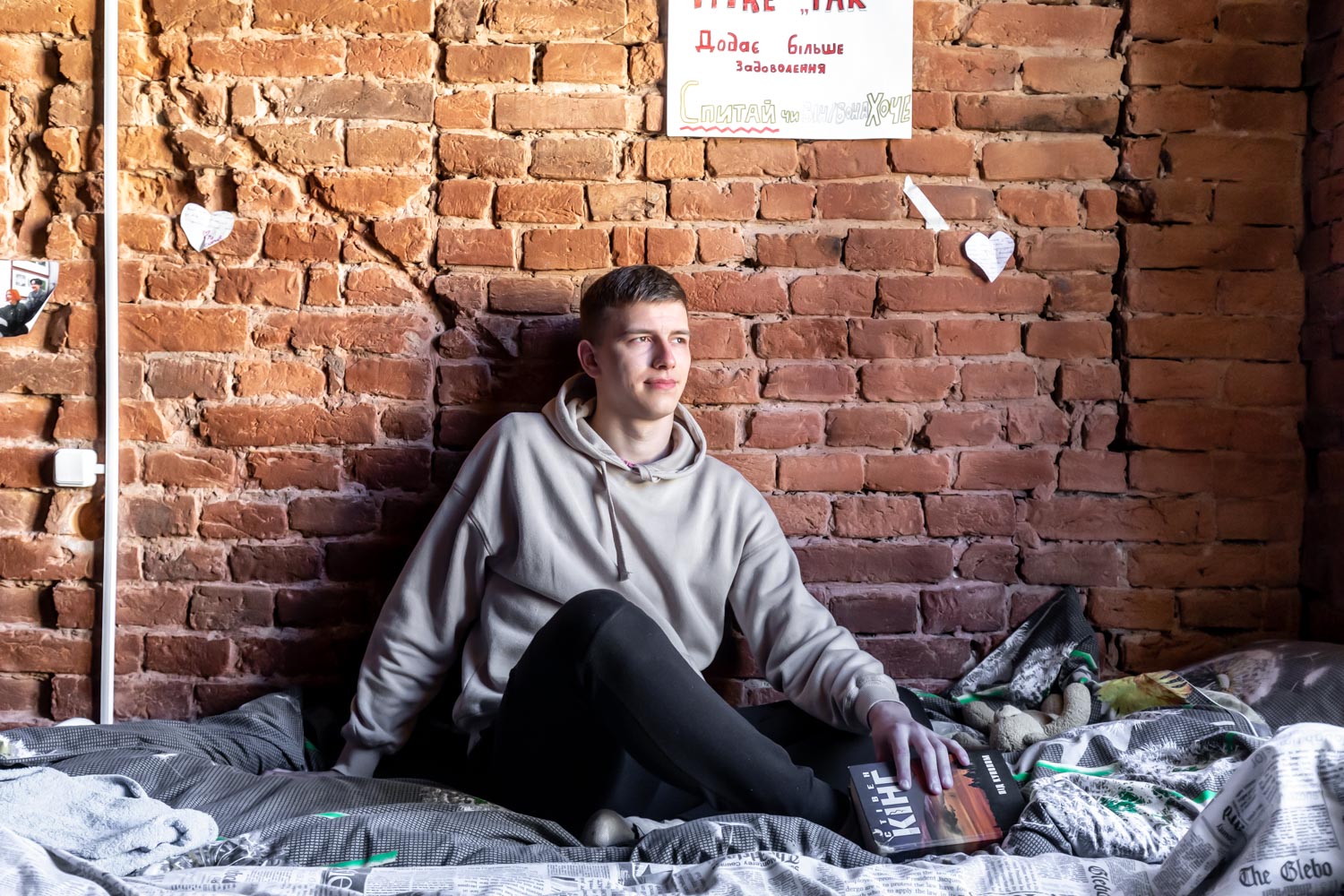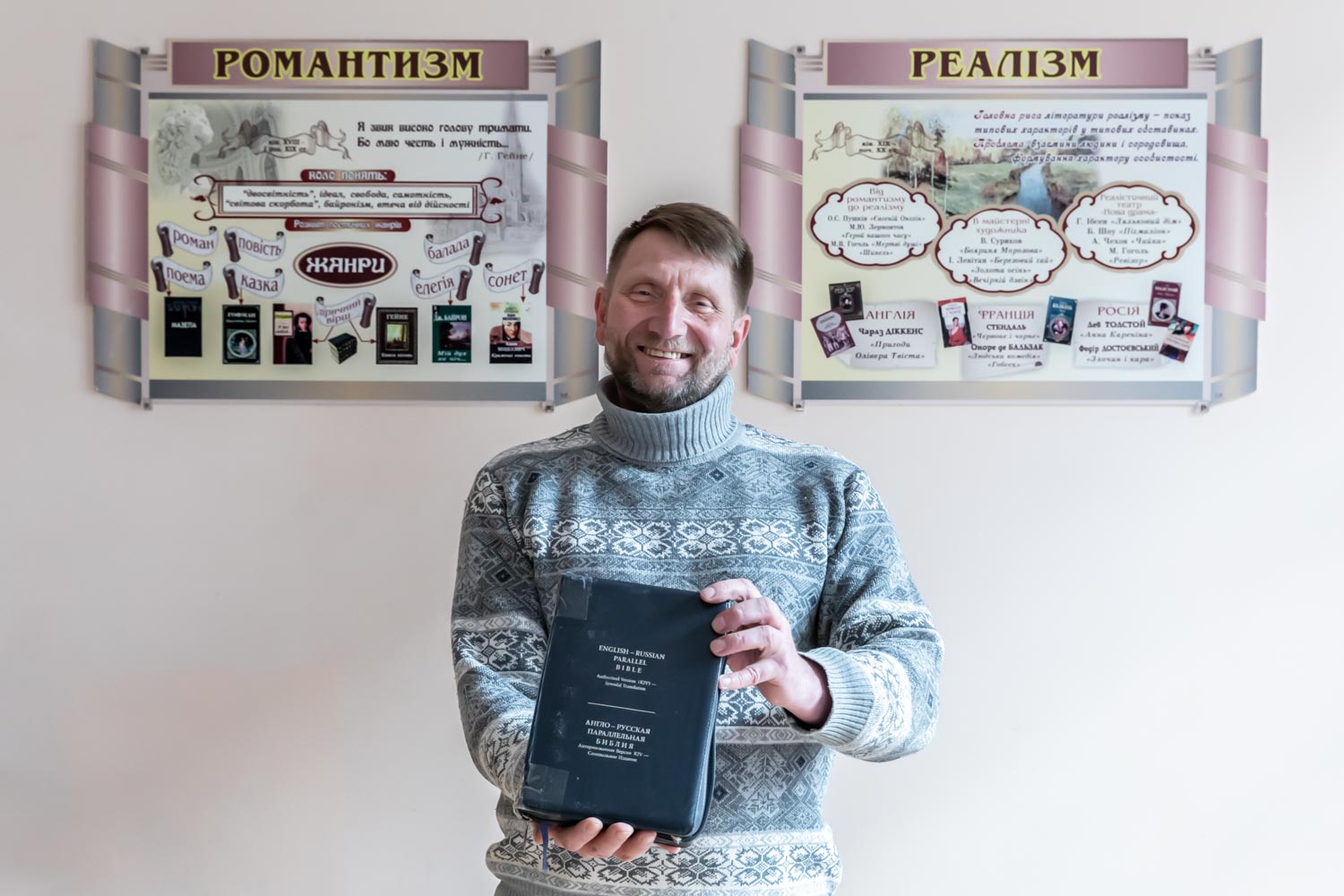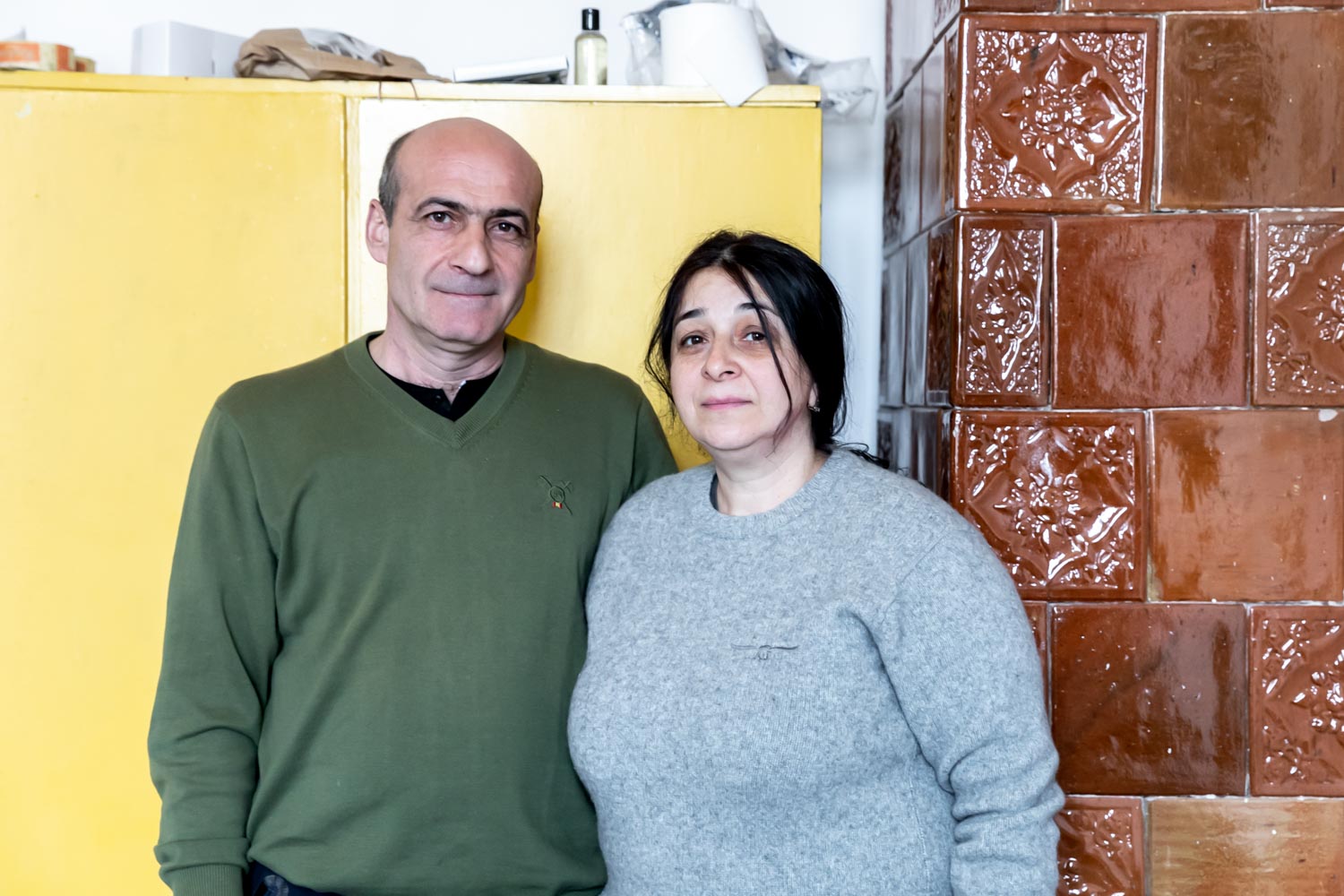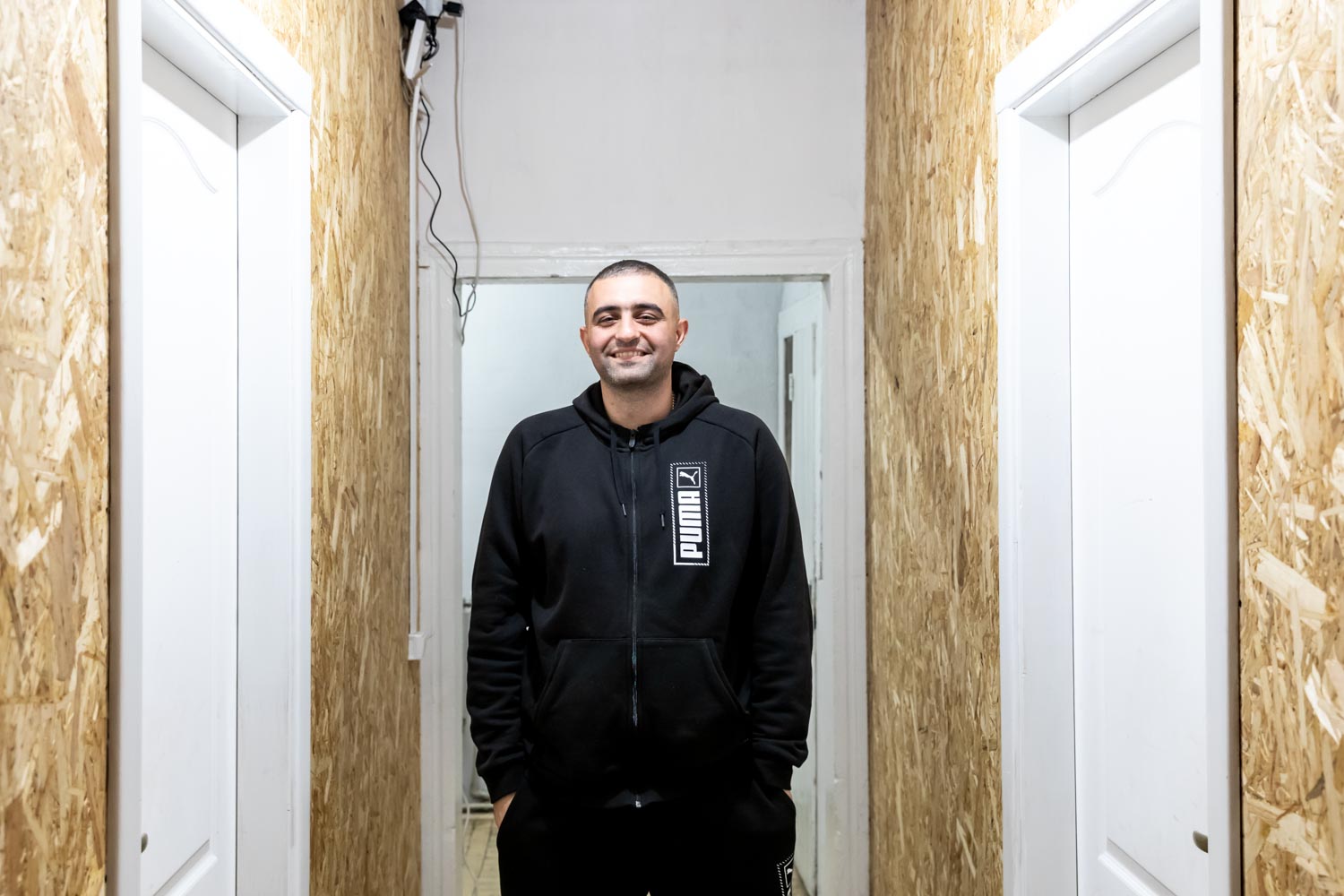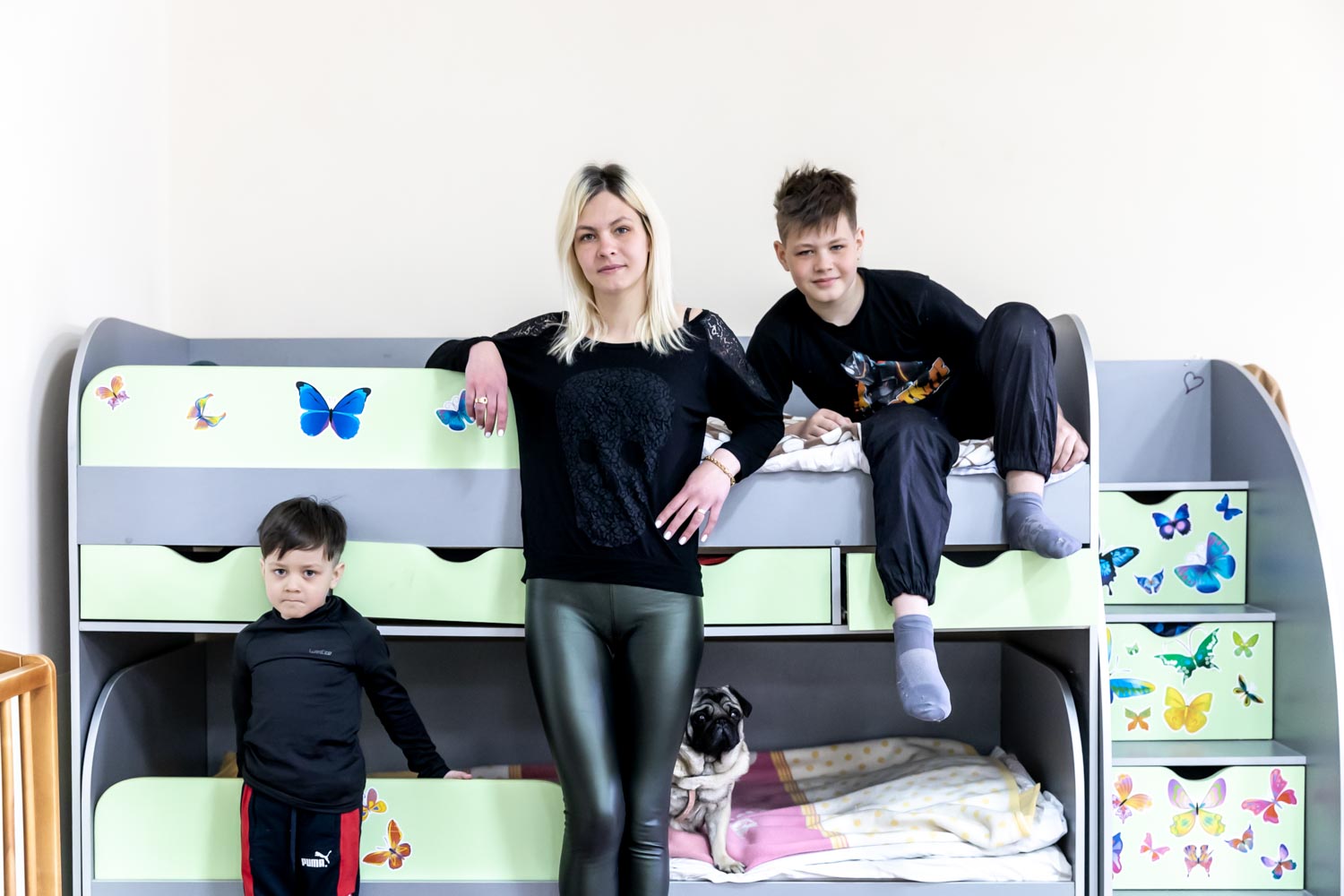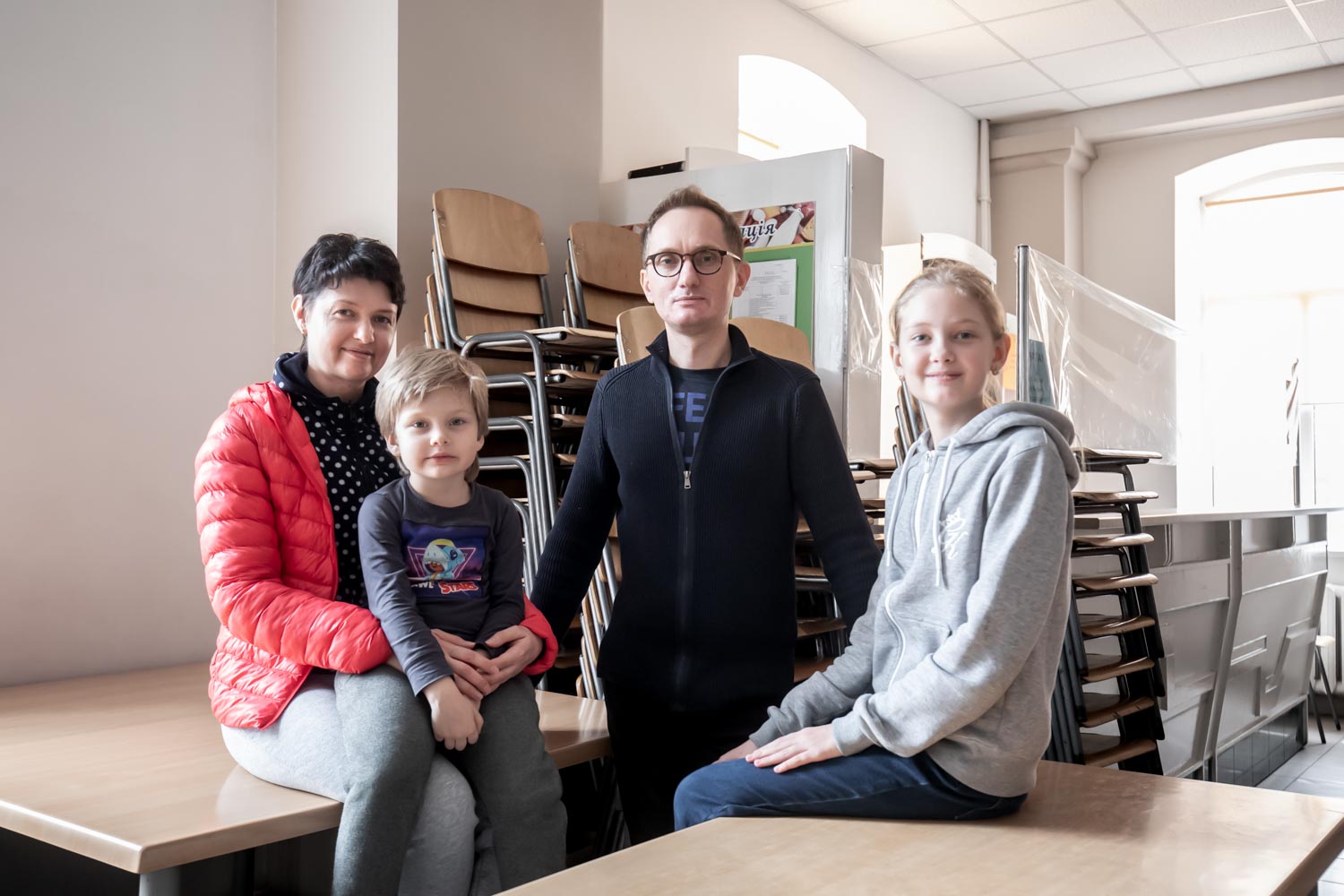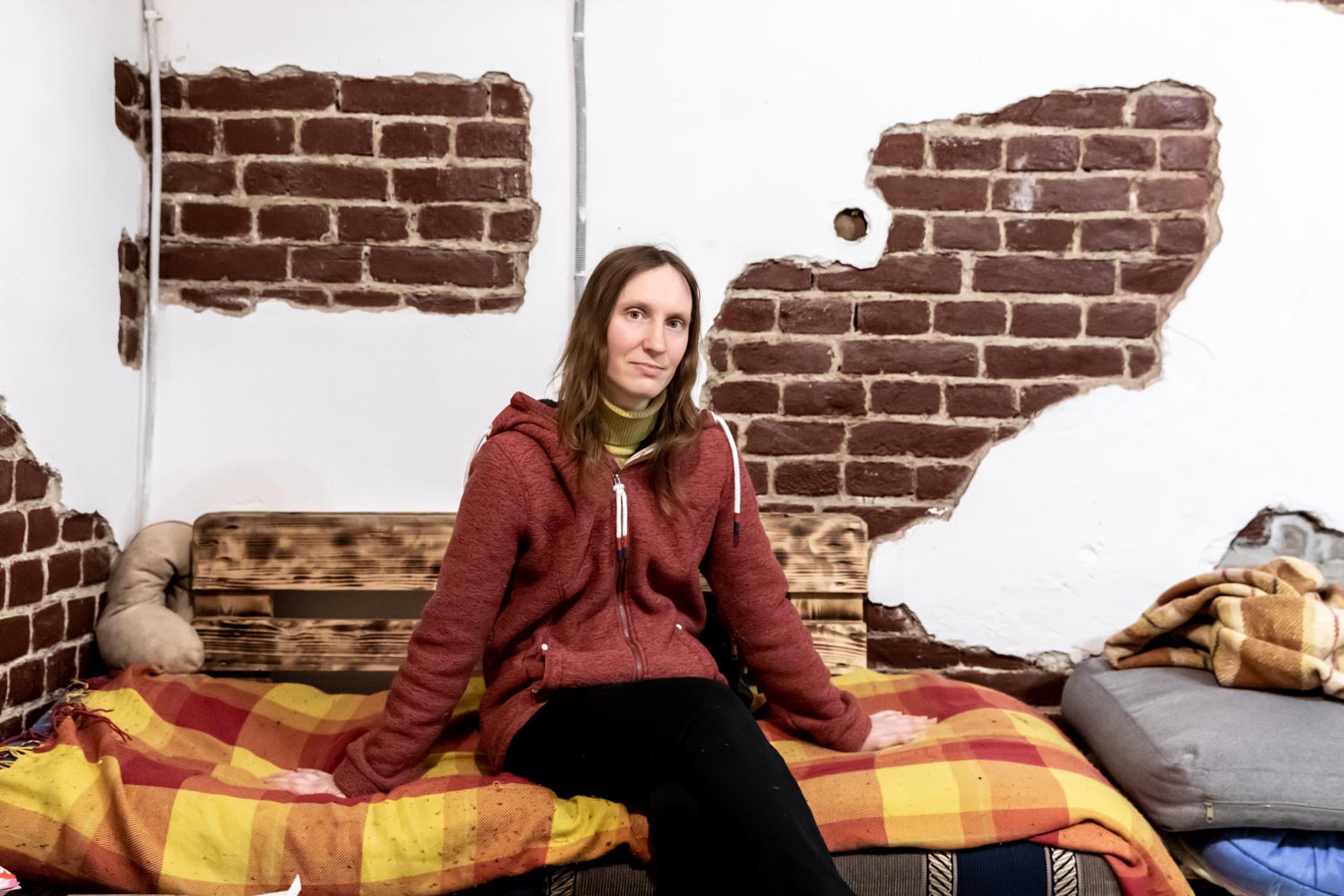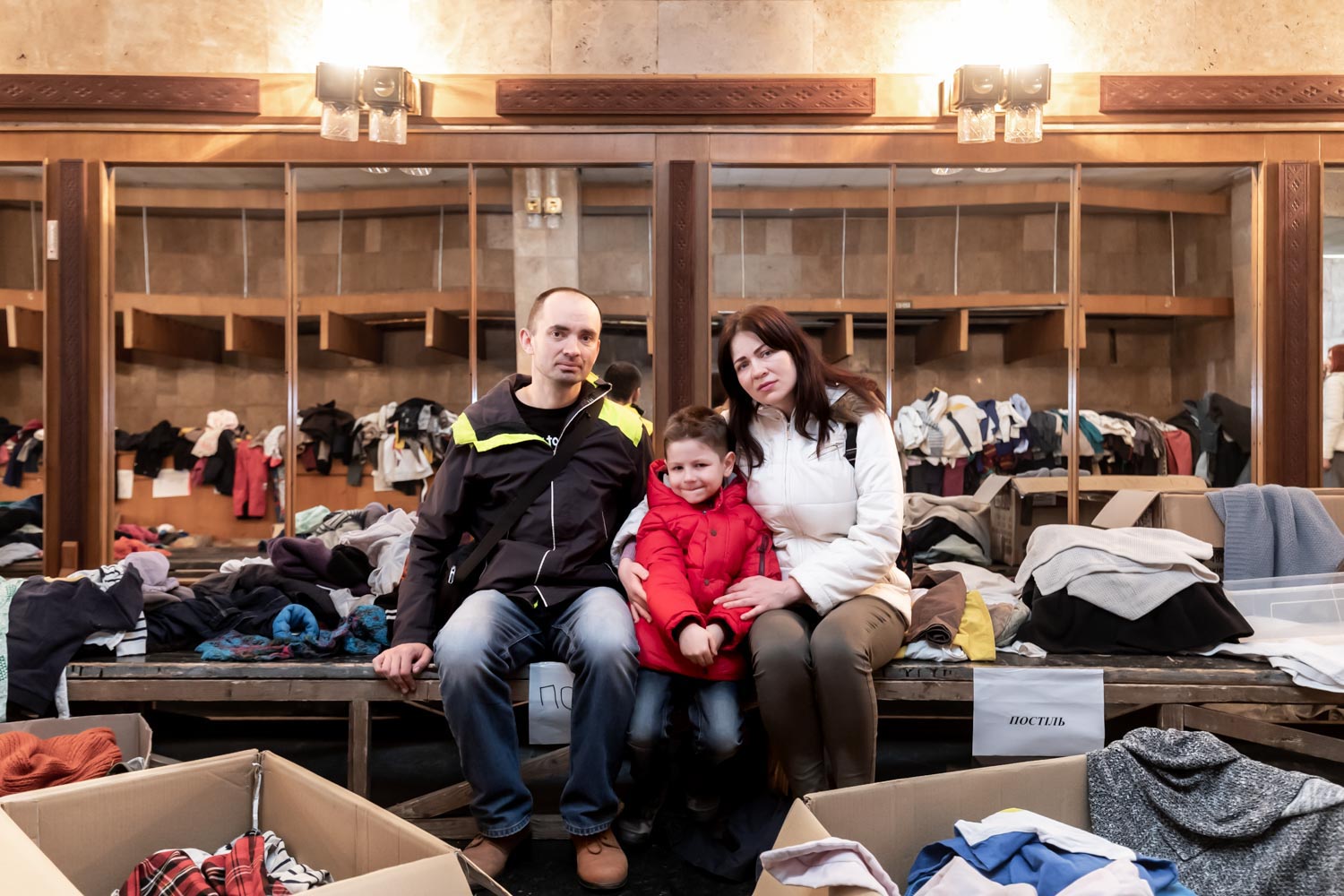

Ana sketches a very sad smile because she does not forget that her other 11-year-old son, who remained with her ex-husband in Mariupol, was taken by the Russians, like many other children, to Rostov-on-the- Don, across the Ukrainian border. Since she hasn't heard from him...
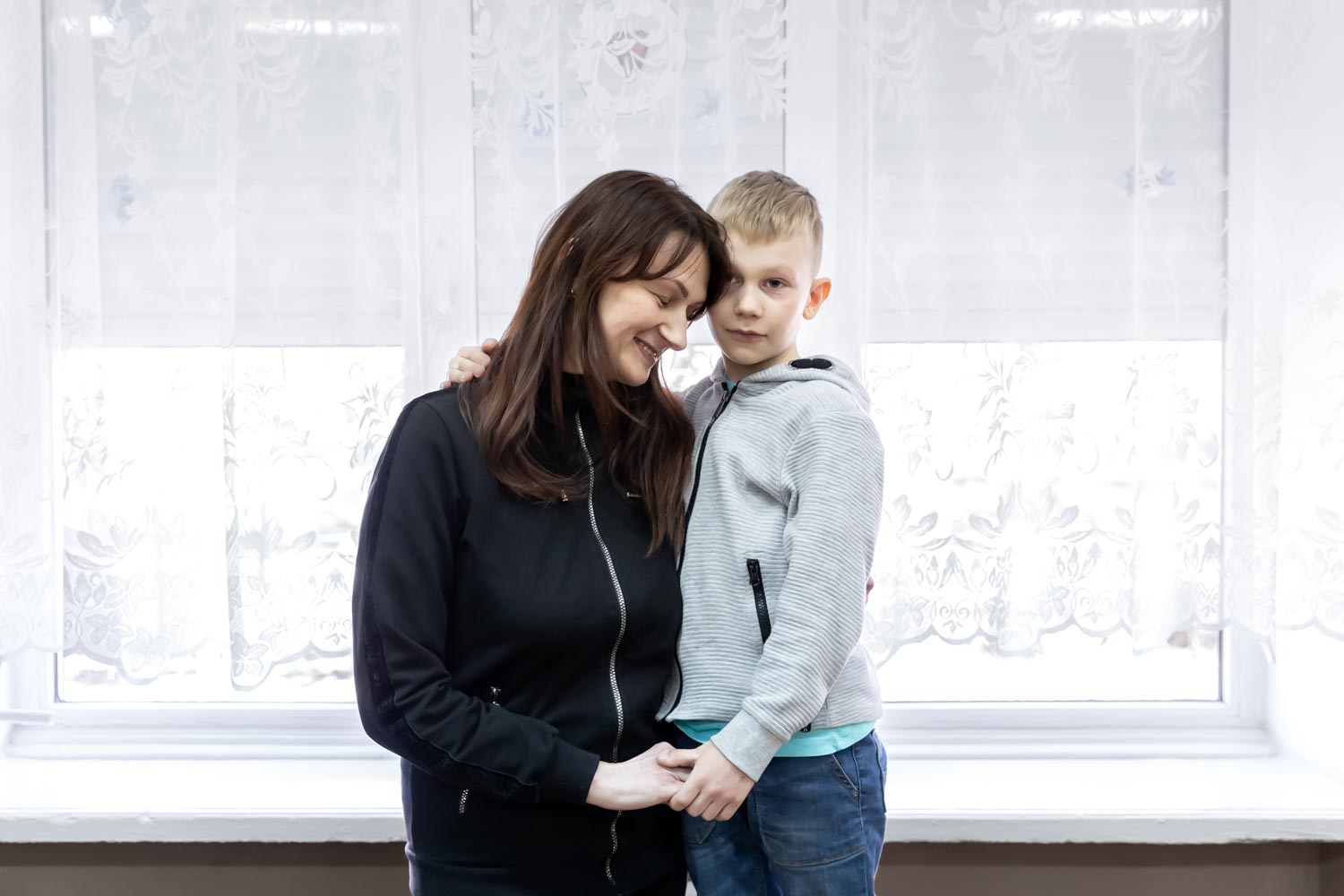

When the shelling became intense, they had to leave their shelter and walked more than ten kilometers, hiding in sunflower fields to escape Russian fire and passing through destroyed villages.
When they arrived at Brovary station, they were taken care of by volunteers who offered them several destinations in the west of the country; they chose Ivano-Frankivsk.
Since then, they have lived in a school where Artem takes distance learning courses, plays and practices sports with other children whose backgrounds are just as dramatic as his.
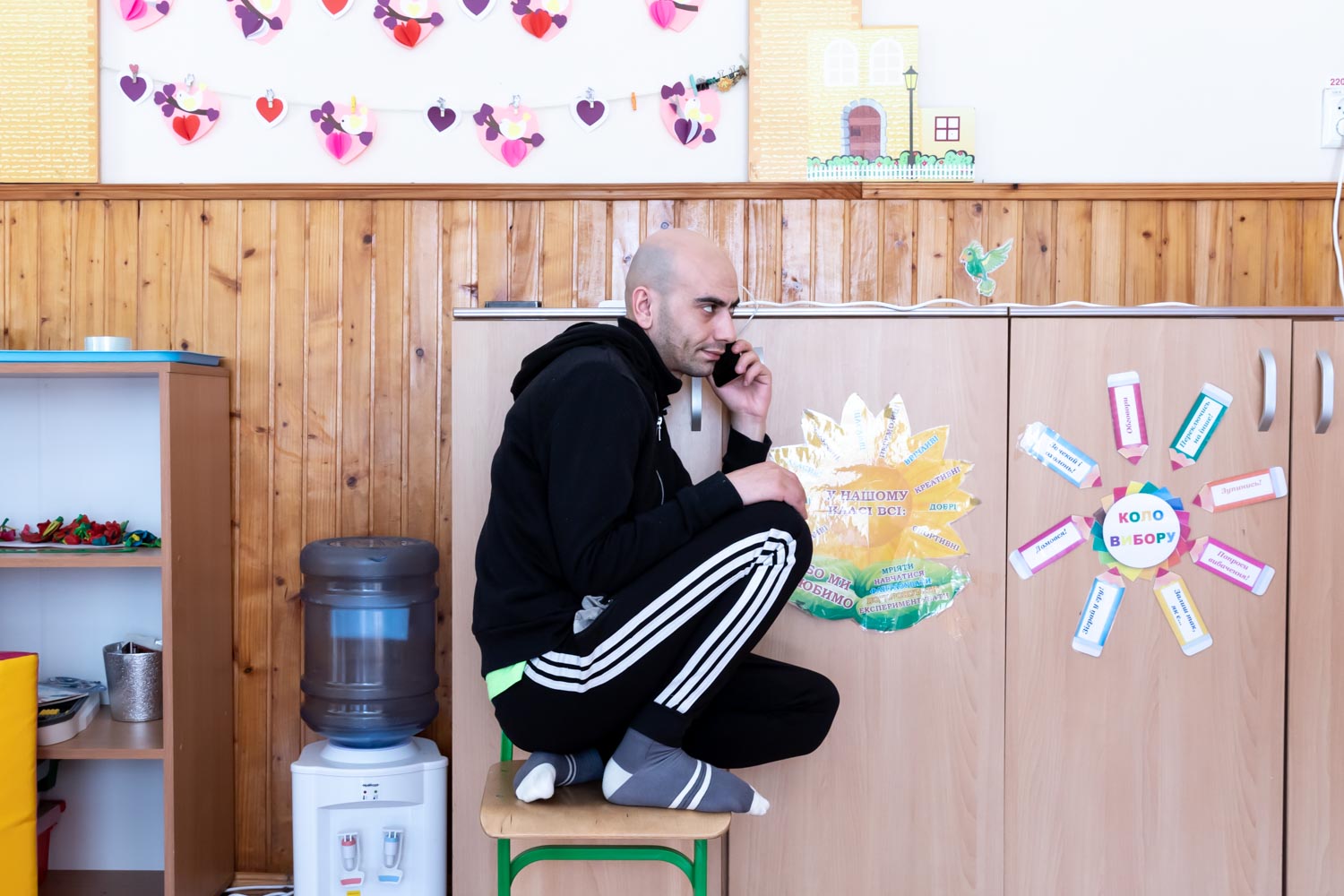

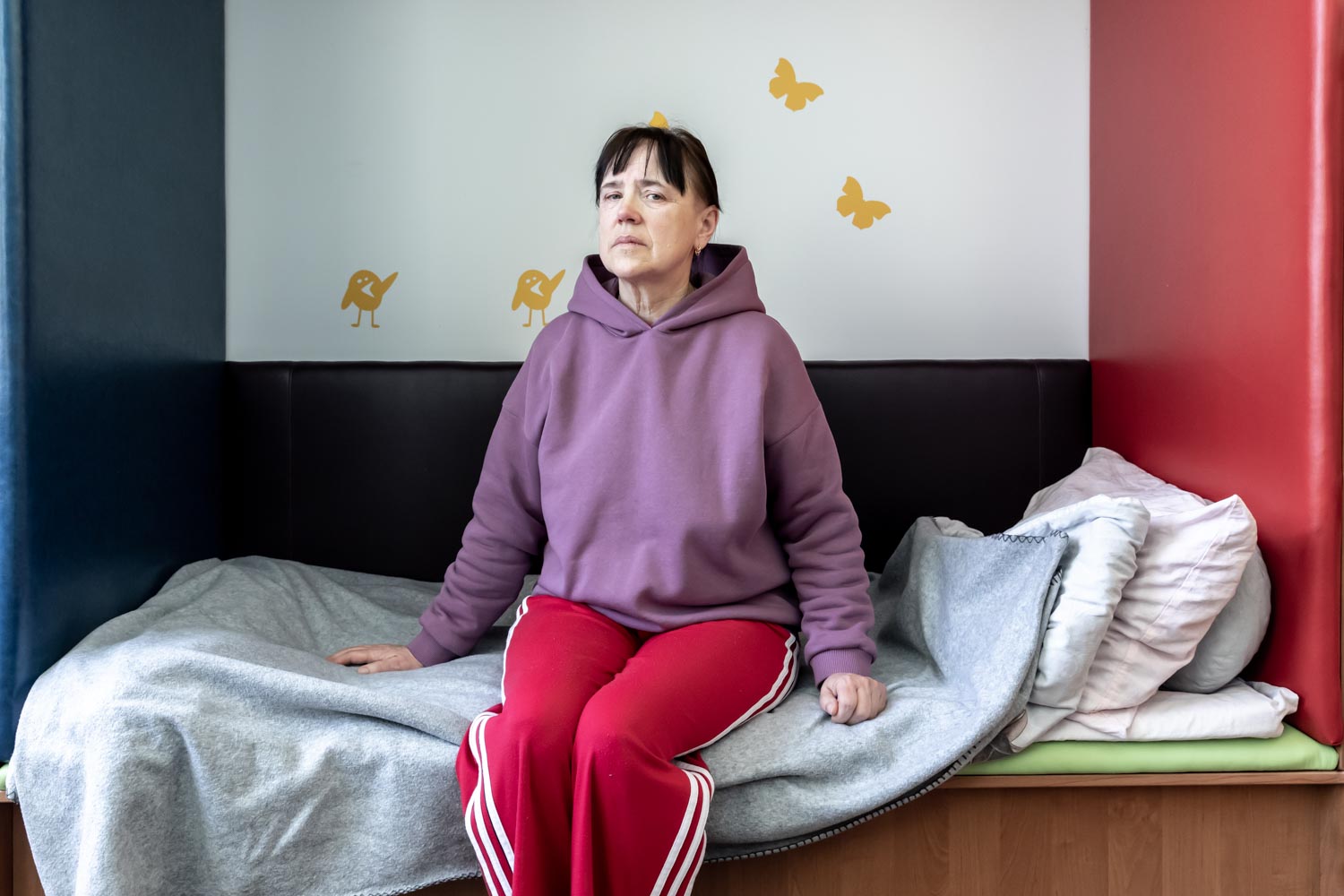

Her daughter-in-law and her two grandchildren fled to Poland. His son, an English teacher before the war, has settled in Lviv where, like many men who can be mobilized at any time, he works as a volunteer to welcome the displaced.
The silence that surrounds Valentina's daily life, in this small classroom of one of the many schools in Ivano-Frankivsk transformed into places of accommodation, now seems unreal to her.
And even if Valentina now feels safe, she bursts into tears at the mention of these disastrous memories.
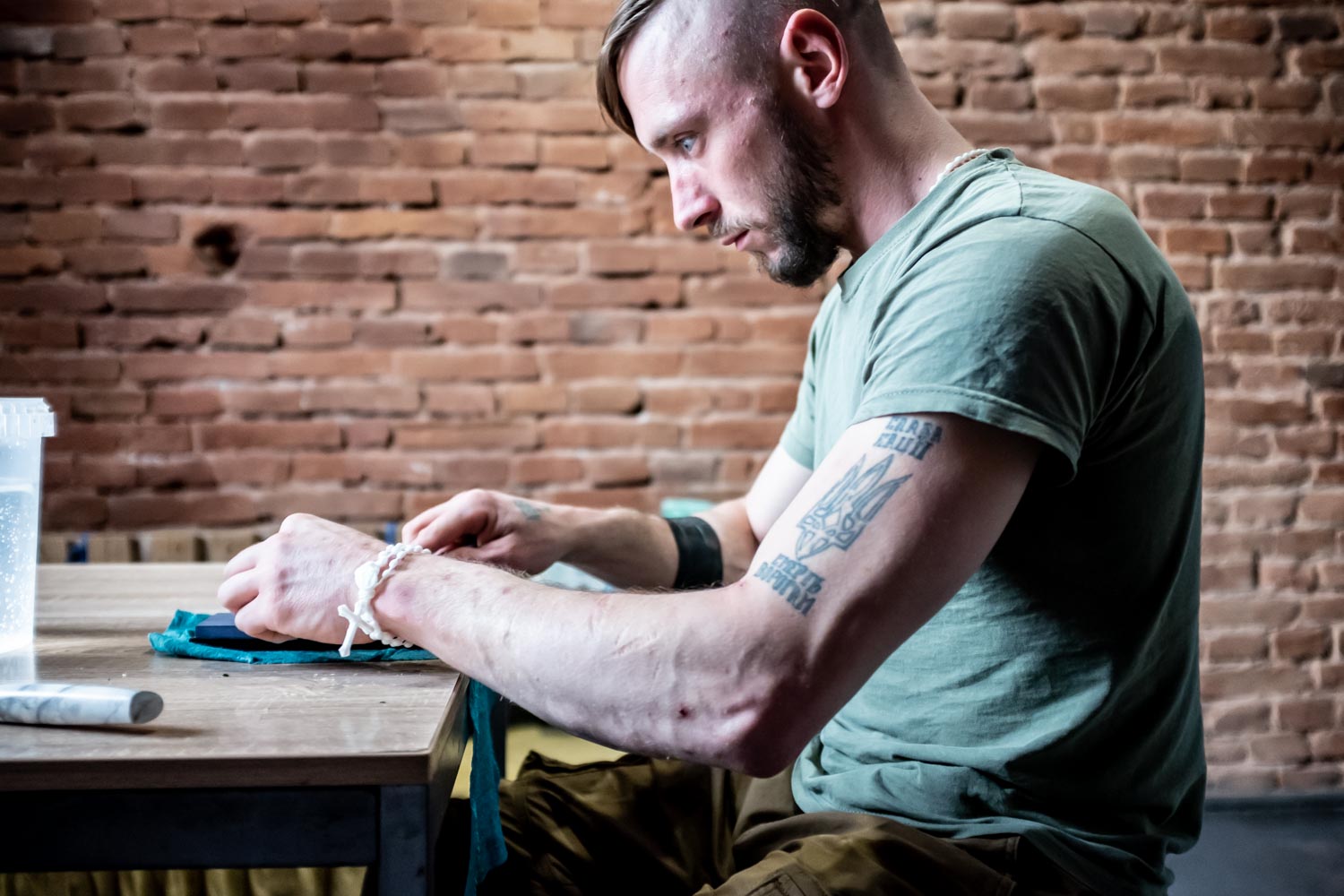

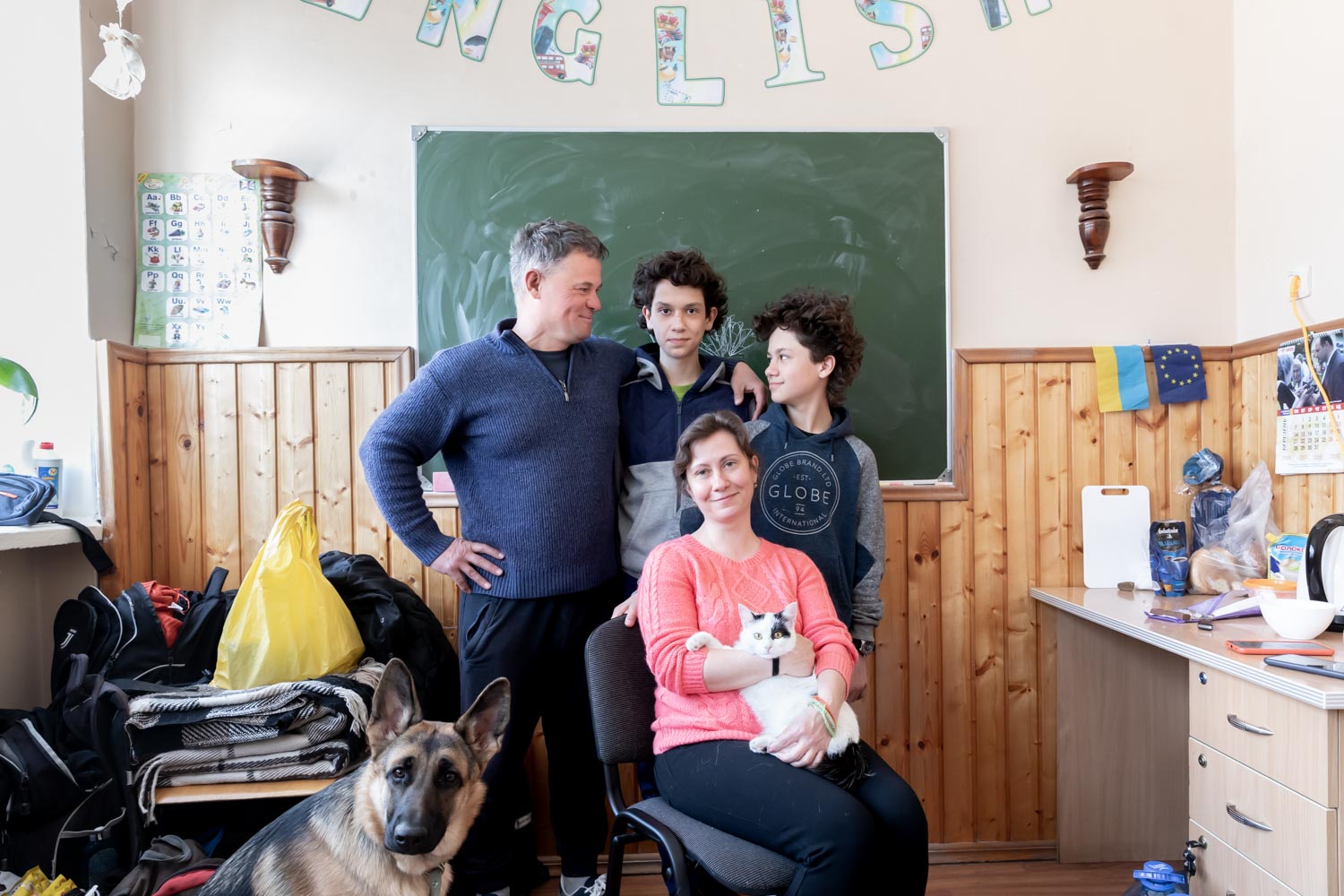

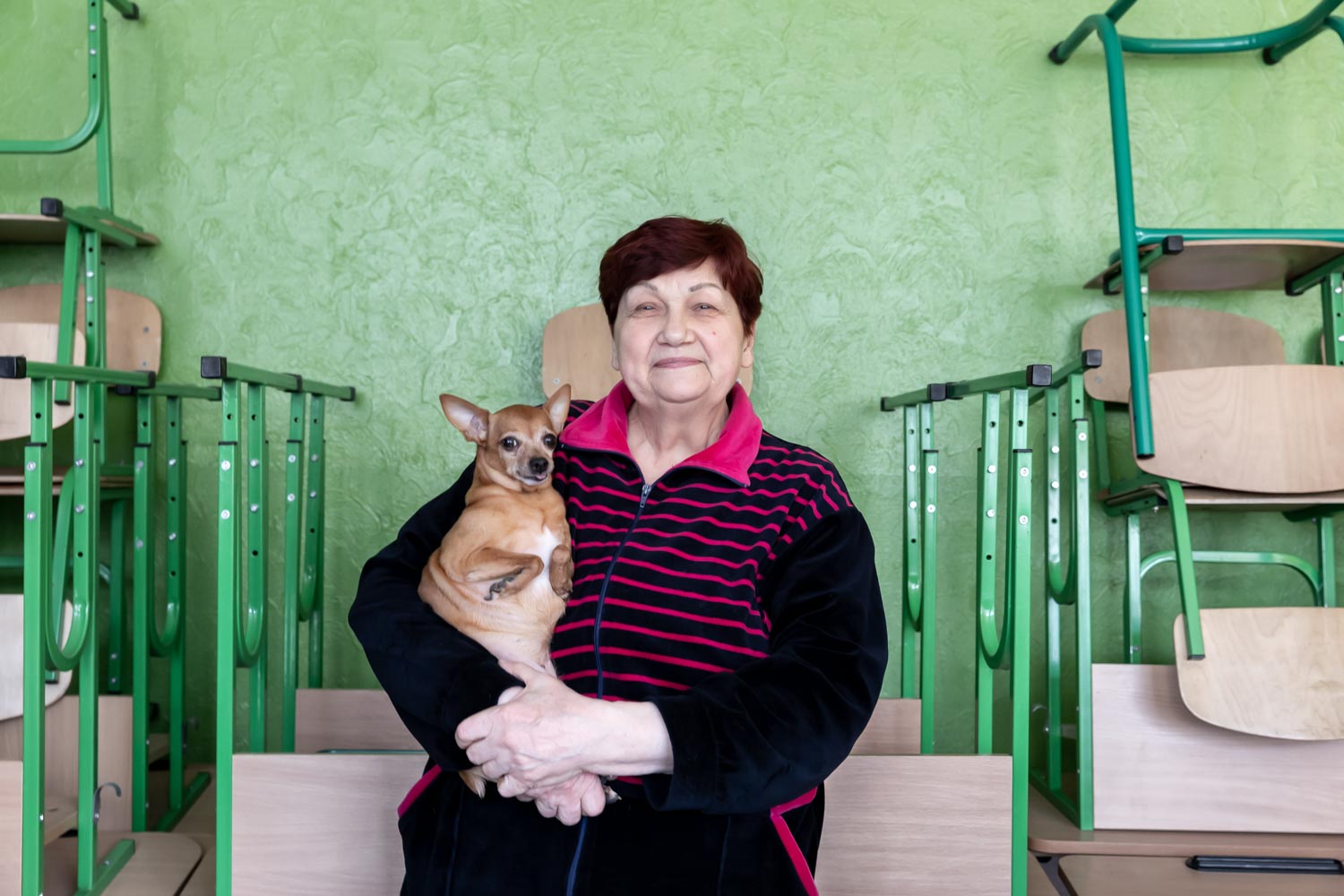

She now lives in a classroom, with her husband and daughter. And her dog.
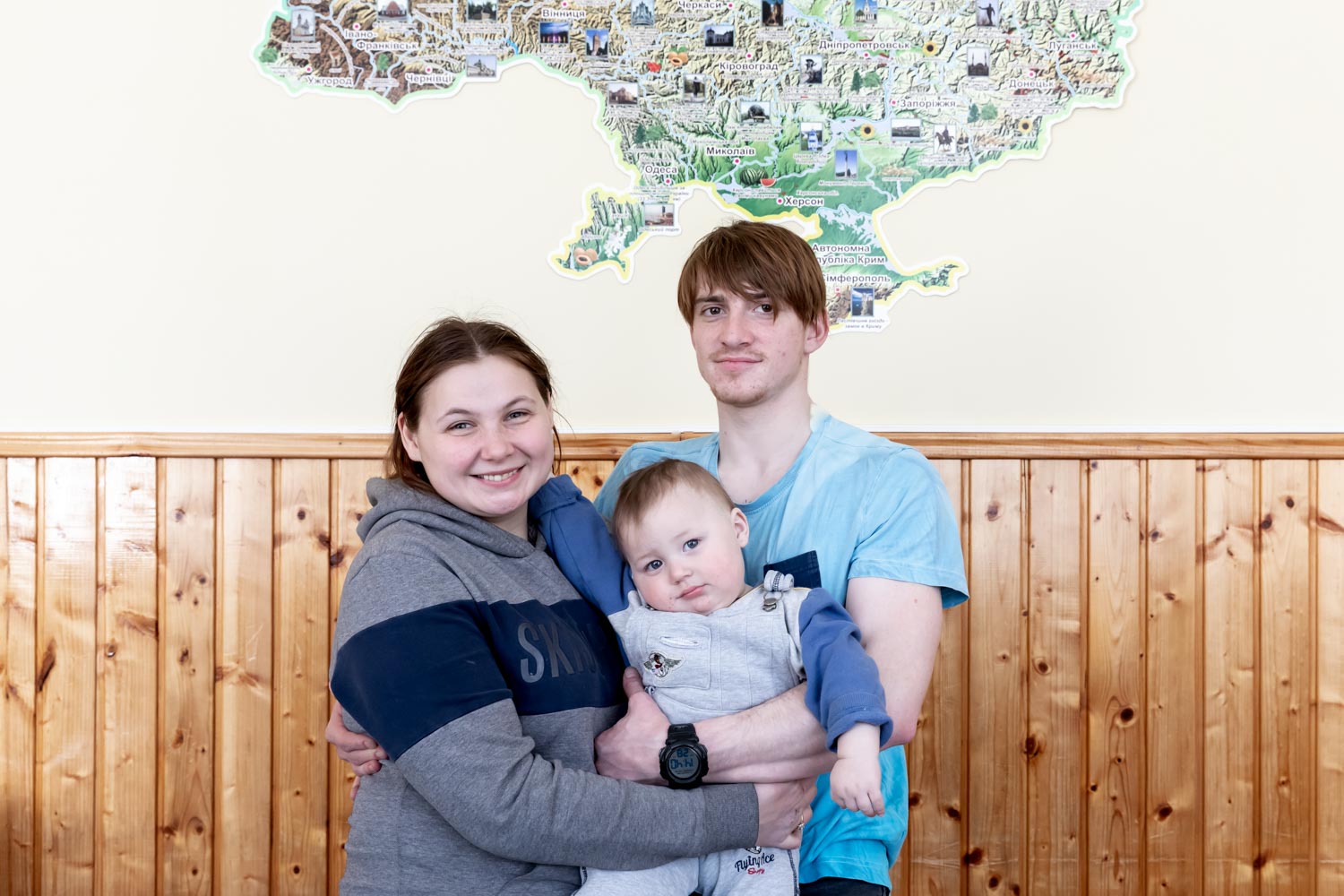

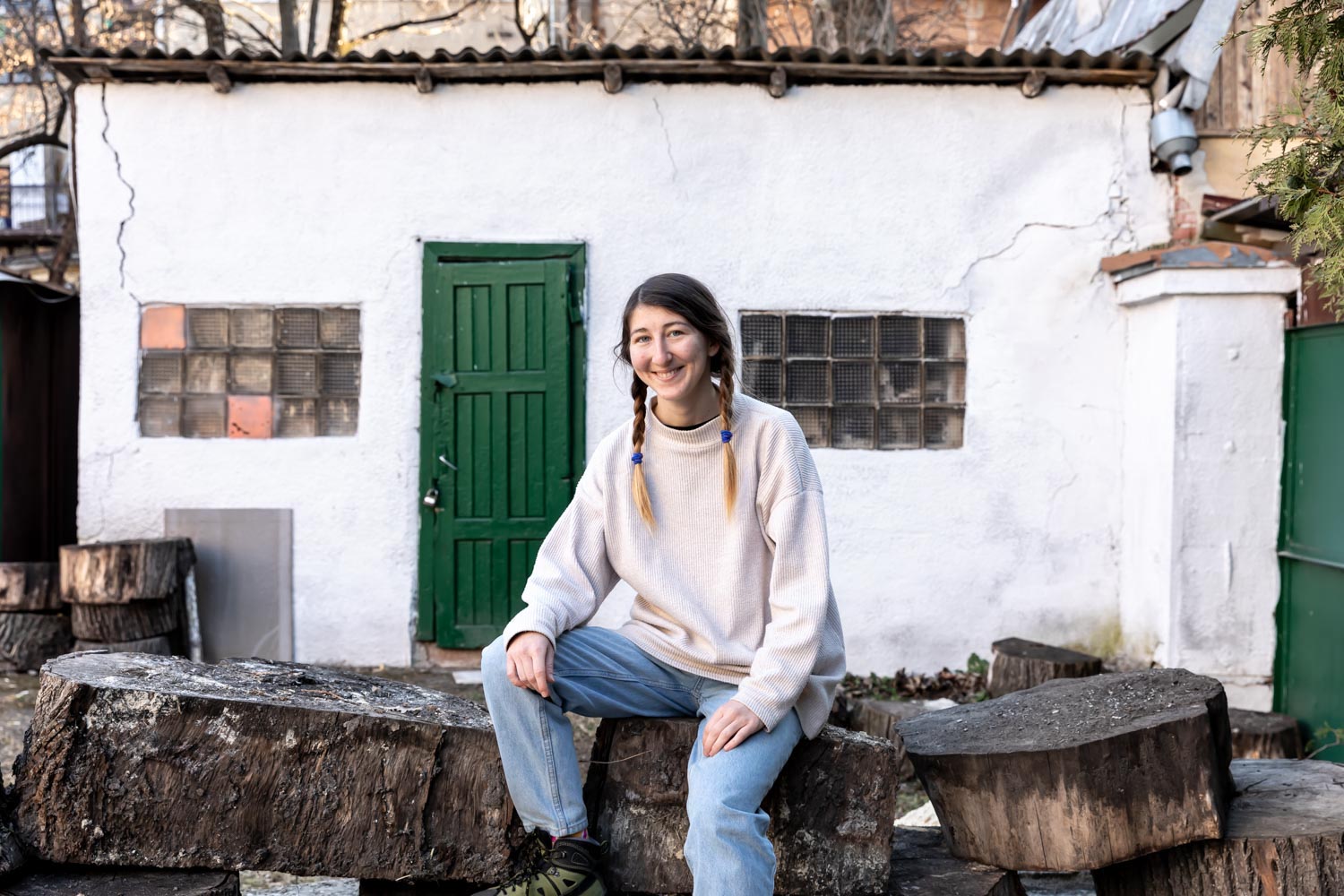

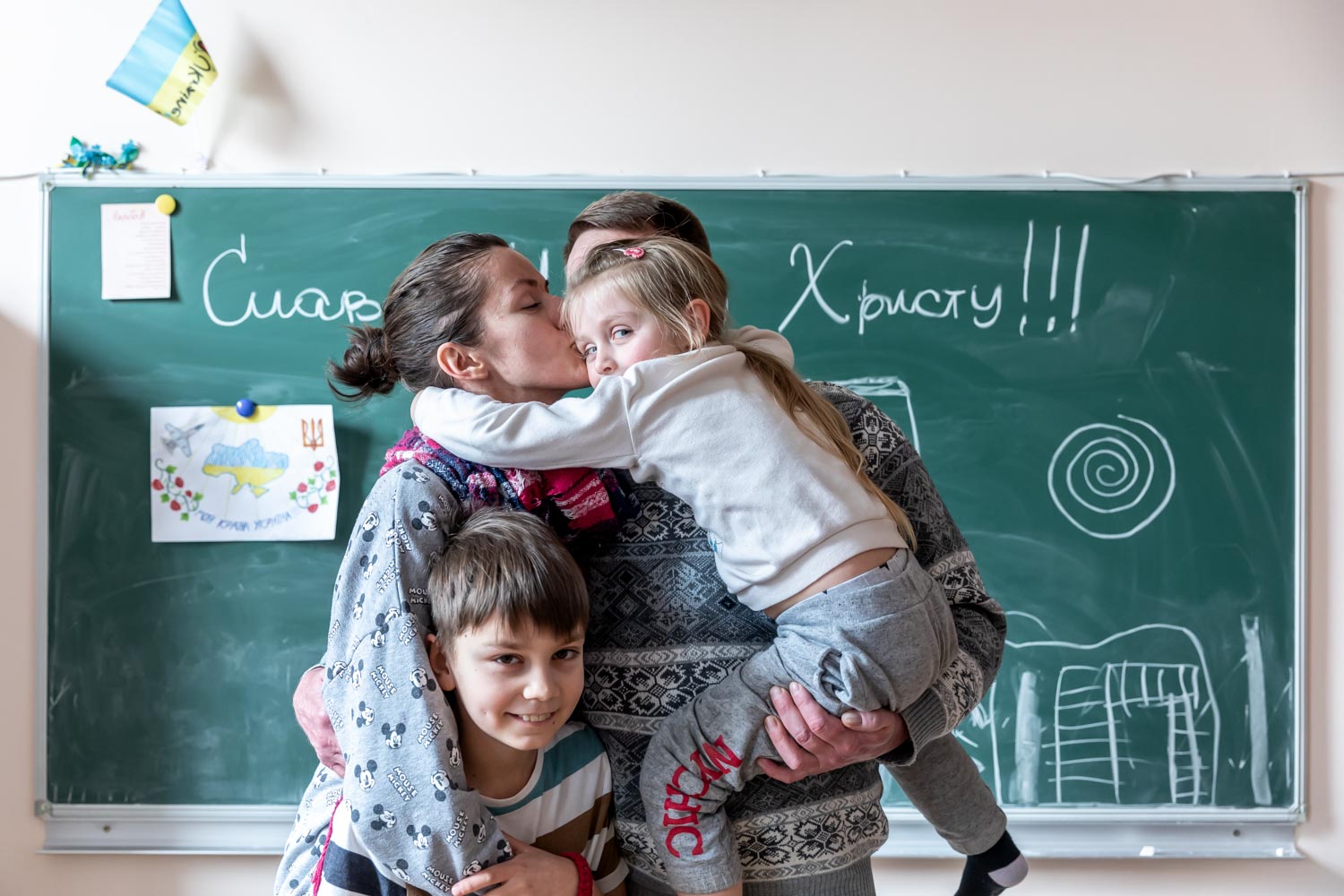

They show me pictures of the house of
their neighbors in flames, and do not know what fate has been reserved for theirs.
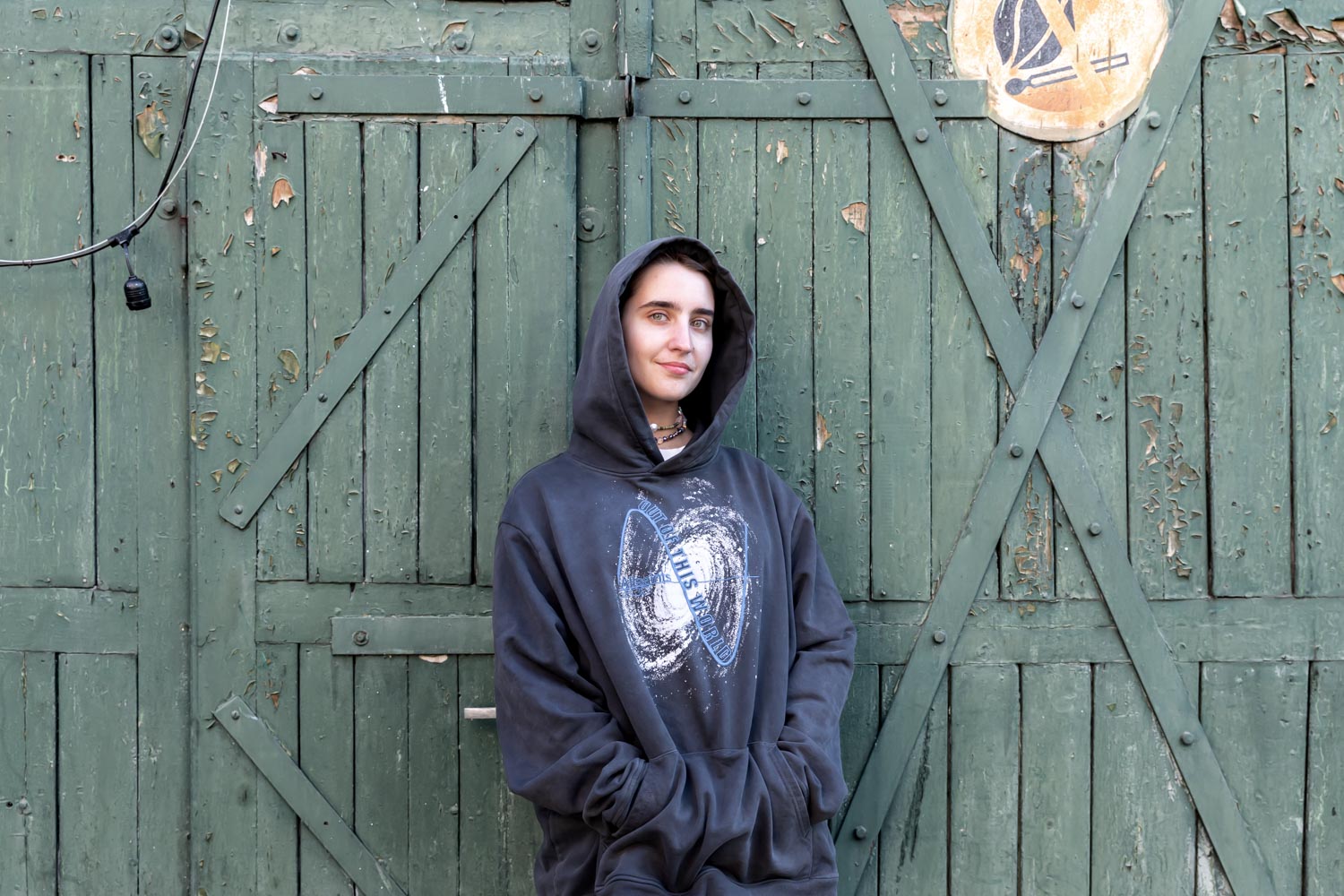

Oleksandra considered for a time leaving Ukraine for Georgia where she could pursue her profession. Because of a community of destinies, Georgia has indeed become a land of welcome for many Ukrainians fleeing the war.
Feeling more useful to her people, however, she returned to Kyiv after the Russians redeployed in Donbass.
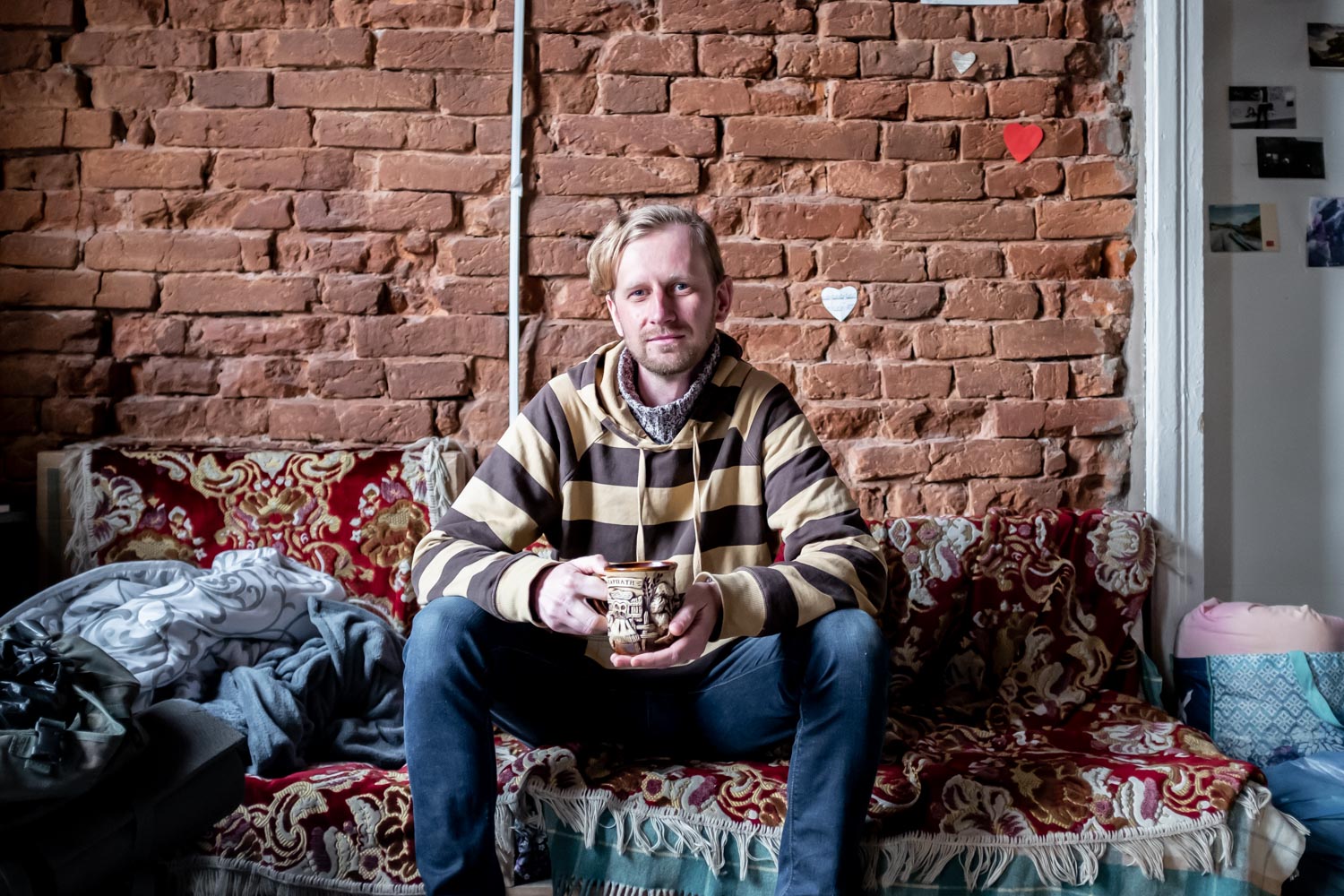

Since then, Dmitro has occupied a collective room made available by the association Vdoma (“The house”), which shelters Ukrainians displaced from bombarded areas.
Like all Ukrainians over the age of eighteen, he cannot leave the territory and may be mobilized at any time.
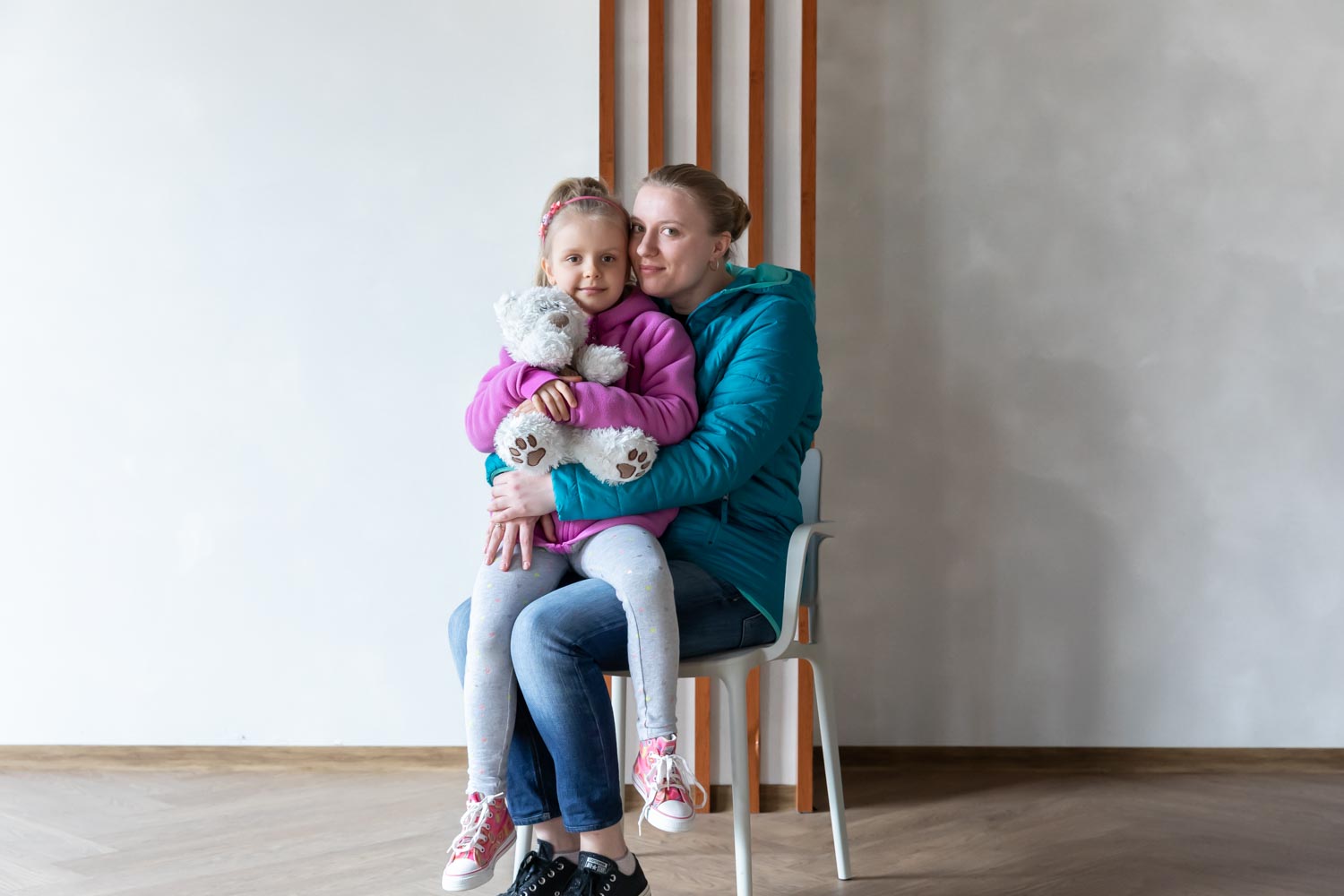

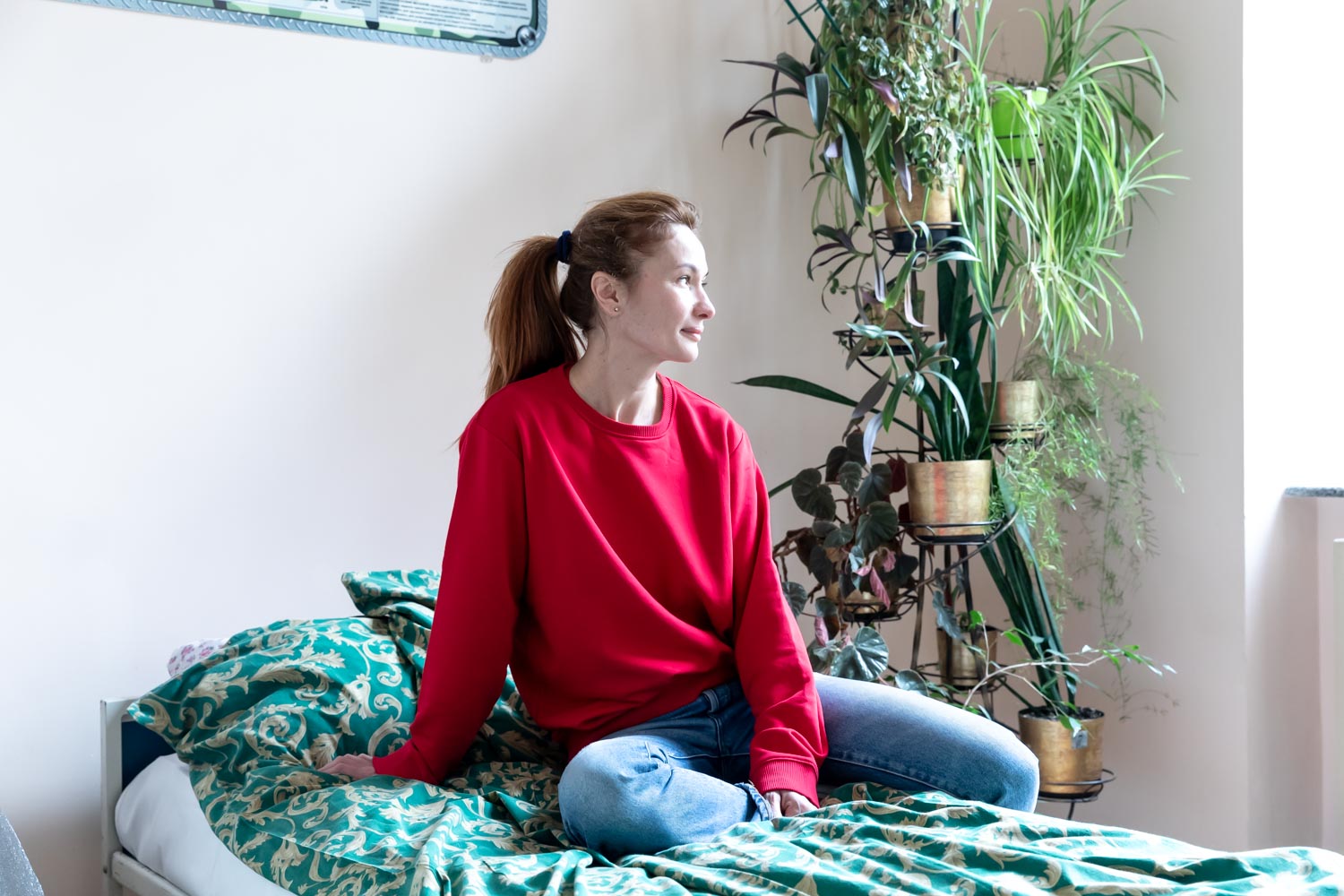

of the beautiful green plant in front of which she has installed her bed and which she takes care of,
in this classroom that houses three other people.
